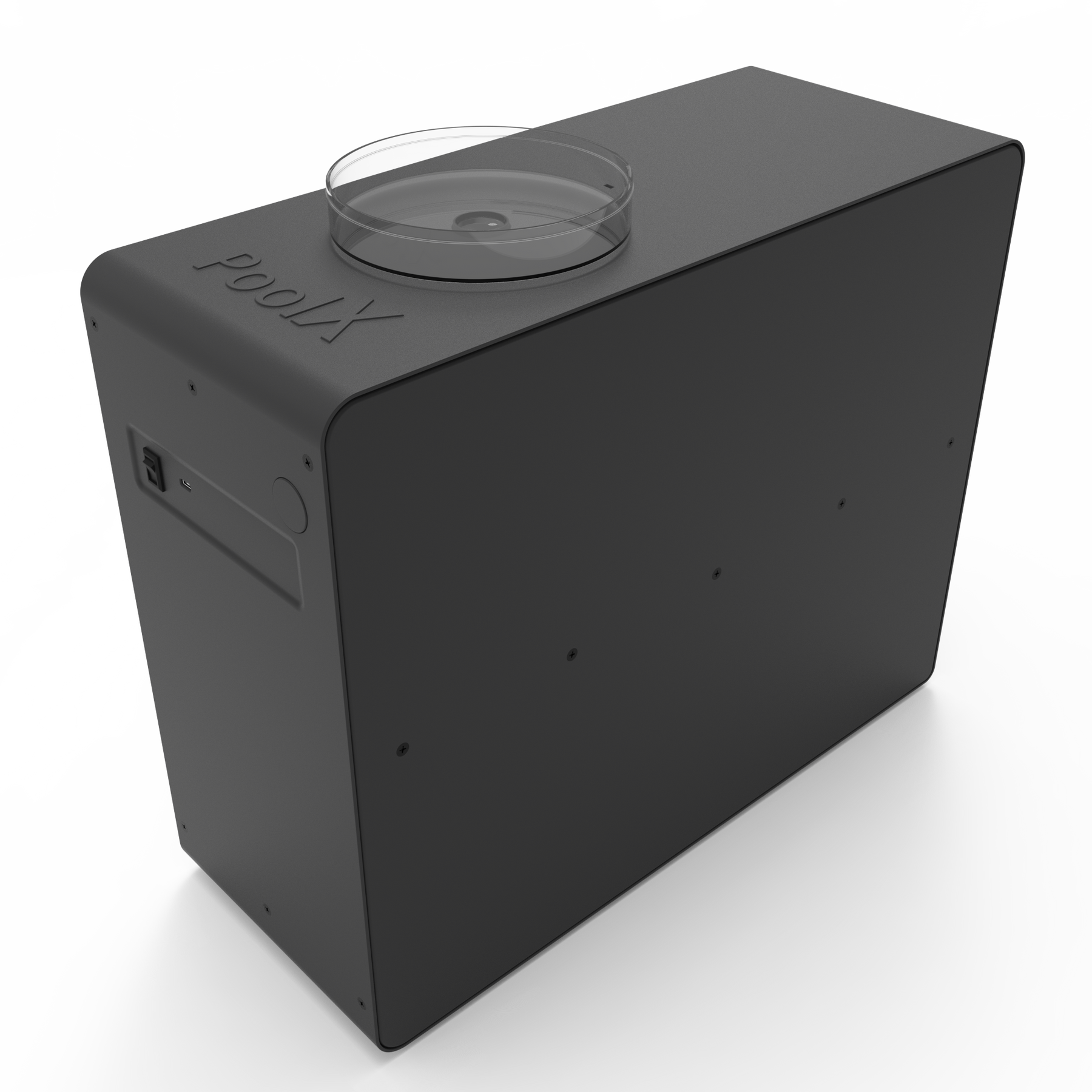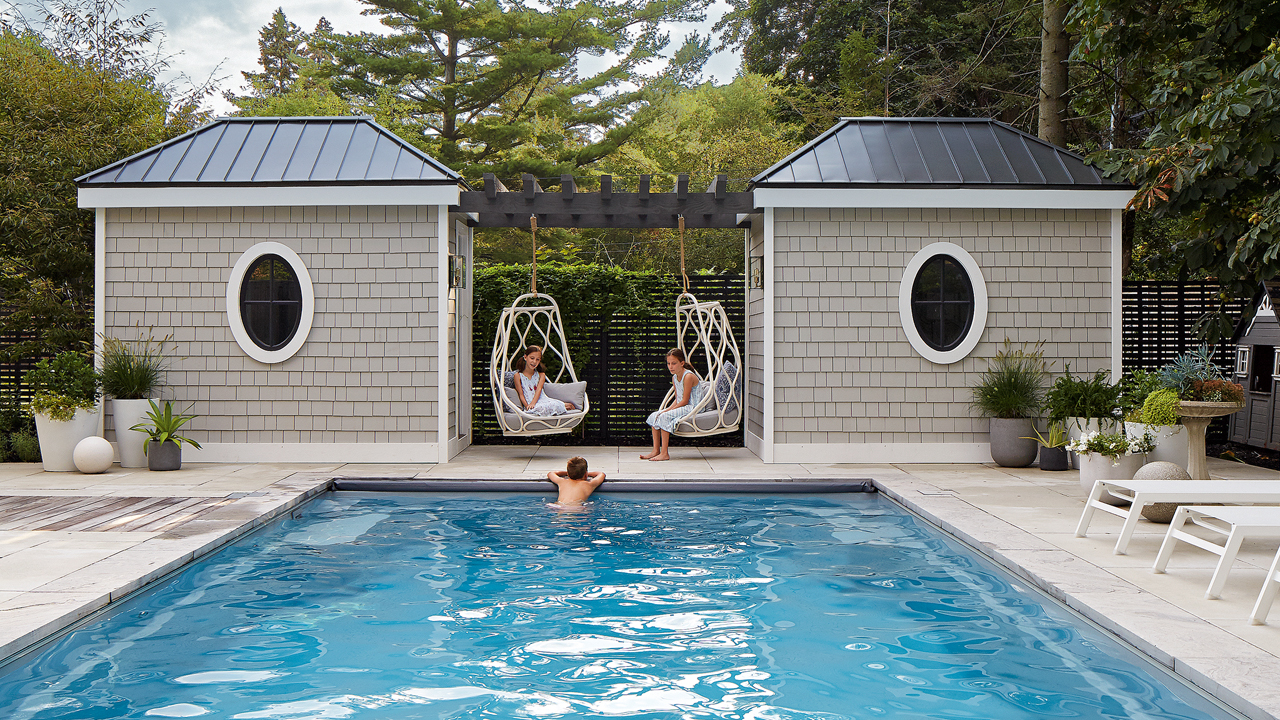
How Much Water Is in a 24 Foot Round Pool? Find Out Now!
Share
For tech professionals and enthusiasts, understanding the numbers behind everyday objects can lead to better decision-making and planning. **Understanding how many gallons are in a 24-foot round pool** is crucial whether it's for party preparations, routine maintenance, or simply satisfying your curiosity. This article dives deep into the calculations, factors affecting water capacity, and some compelling insights that every tech enthusiast will appreciate.
Knowing the amount of water in your swimming pool is more than merely an academic exercise. It influences chemical balance, heating times, and even how you can tailor your **pool maintenance routine**. So, how exactly do you calculate the water volume of a 24-foot pool?

Calculation Basics of Pool Volume
Before delving into the specifics, lets recap the basic formula used to calculate the volume of different shapes, particularly circles. The mathematical formula for calculating the volume in gallons for a round pool is based on the equation:
Volume = r h
where:
- (Pi) is approximately 3.14
- r is the radius of the pool
- h is the depth of the pool
Circular Pool Dimensions
A 24-foot round pool has a diameter of 24 feet, resulting in a radius of 12 feet (diameter/2). When homeowners or tech enthusiasts ponder the question of **how many gallons in a 24 foot round pool**, an additional dimension, the depth, is required. Most round pools have depths ranging from 3 feet to 5 feet.
To find out the exact volume:
- Assuming a depth of 4 feet as a common example:
- Substituting with 3.14 gives us:
- To convert cubic feet to gallons, we multiply by 7.48 (since there are 7.48 gallons in one cubic foot):
Volume = (12 ft) 4 ft = 144 ft 4 ft = 576 ft.
Volume 1810.72 ft.
1810.72 ft 7.48 13,541.89 gallons.
Therefore, a 24-foot round pool at a depth of 4 feet holds approximately 13,542 gallons of water.

Factors Affecting Water Volume
While calculations are straightforward, other factors can affect the actual volume of water in your pool:
- Water displacement - This occurs with pool toys, people, and added features like fountains.
- Depth variances - If your pool is not consistently 4 feet deep (e.g., a shallow end and a deep end), adjust your calculations accordingly.
- Evaporation - In hot climates, a portion of the water can evaporate, so monitor your levels regularly.
Measuring Pool Water for Maintenance
Once you know how many gallons are in your pool, it becomes easier to manage the right amounts of chemicals. For tips on maintaining balanced chemistry, read more about pool chemistry.

Implications for Pool Owners
Understanding the volume also aids in planning for maintenance, from cleaning schedules to chemical adjustments. Tech-savvy homeowners often leverage automation systems that can track these metrics. Not only does this save time, but it can optimize chemical usage as well. You can learn more about pool cleaning at this helpful guide.
Impact of Pool Size on Value
Not only is a 24-foot round pool a fun addition to your backyard, but it often enhances property value. According to numerous studies, a well-maintained pool can significantly increase a home's worth. Though factors fluctuate based on location and home style, potential buyers appreciate a good pool.
For more insights on how a swimming pool can influence property value, you can visit Forbes.
FAQs
How often should I check my pool water levels?
Regular weekly checks are recommended to maintain optimal water balance.
Can I automatically refill my pool?
Yes, you can set up an automated system, but be wary of the water bill and ensure it complies with local regulations.
What should I do if my pool water level is too low?
Consider adding water, but also check for leaks, cracks, or excessive evaporation.
As an Amazon Associate, I earn from qualifying purchases.
